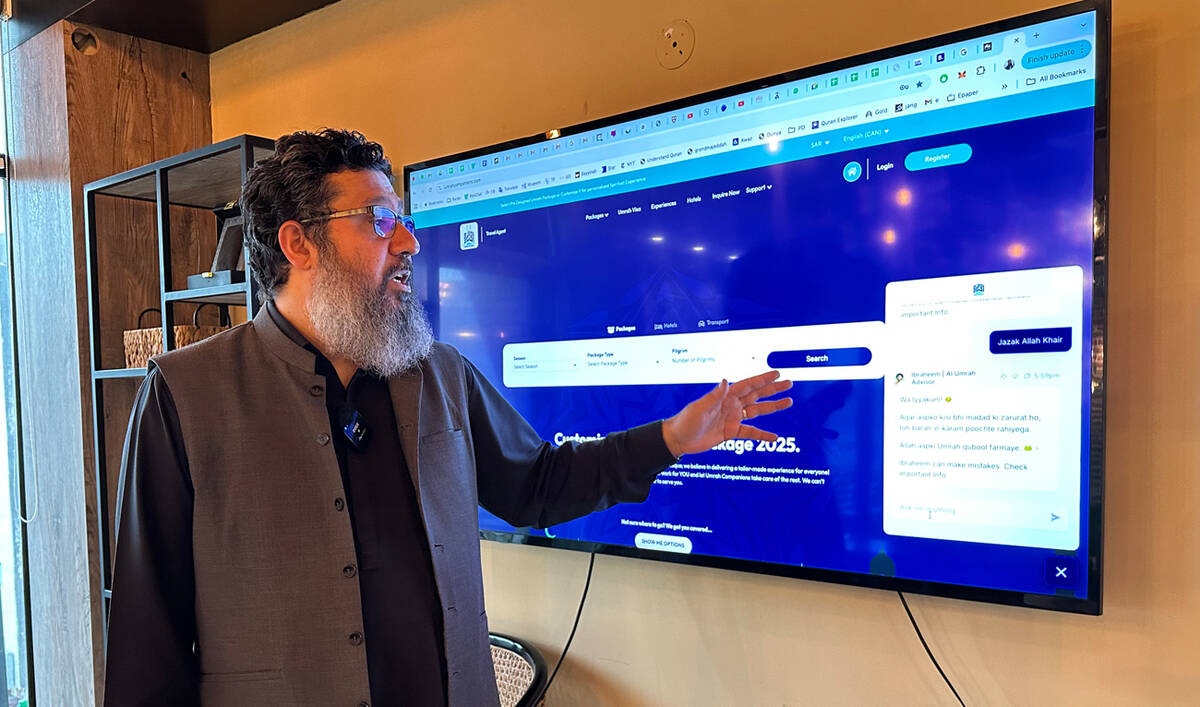KARACHI: Last Sunday, a crowd of over fifty people gathered around a well in which two neighborhood children had fallen hours ago at a residential complex in Karachi’s Garden area.
Muhammad Faizan, an 18-year-old plumber who had been working at a nearby building, arrived at the scene and despite protestations from members of the crowd, decided to descend the 120-foot well to rescue the two children, aged 8 and 10.
Faizan’s body, along with those of the two children, were pulled out by rescue services hours later.
When Faizan’s father Muhammad Habib first got the call about his son’s death, he initially went into shock, he told Arab News outside his home in Karachi’s Lines Area where mourners were coming this week to pay their respects.
But slowly, the grief turned into pride.
“I am saddened, but I am proud that he died a noble death,” Habib said. “He went to save someone’s life.”

This undated file photo shows Muhammad Faizan, 18, who died after descending into well to rescue two children who had fallen in a well located inside a residential complex in Karachi’s Garden area on September 1. (Supplied/Muhammad Habib)
Muhammad Bilal, a local resident who had called rescue services, said when the first attempt by another man to go down the well failed and he returned midway, Faizan was determined to descend himself, despite being warned of the dangers.
“He had only one goal, to save the children, regardless of the risk to his own life,” Bilal said.
“HE WAS THE BEST”
Faizan’s siblings remembered him as a simple hardworking boy with few worldly interests like others his age.
“He was like a dervish,” his brother Abdul Rehman told Arab News. “He had no particular interest in fancy mobile phones or bikes. He just loved his work. He found satisfaction in his work.”
He would wake up early for work and Rehman would often accompany him.
“Sometimes he’d eat out, but usually, we’d share meals. We’d ride to work together, laughing and joking,” Rehman said. “He was the best. He was simple.”

Muhammad Habib (right), father of Muhammad Faizan, a Pakistani plumber, speaks to visitors who came to pay respects after Faizan’s funeral in Karachi on September 3, 2024. Faizan, 18, died after descending into well to rescue two children who had fallen in a well located inside a residential complex in Karachi’s Garden area on September 1. (AN Photo)
Rehman said his brother would often give away whatever little he earned in charity:
“How many times did I tell him, ‘You shouldn’t give that much. If you keep giving like this, what will happen to you?’ Faizan would reply, ‘It’s okay. Allah is the provider’.”
For Habib, Faizan was the favorite among his five sons and two daughters.
“If I were there, I would have jumped in with him,” the father said. “I loved him even more than my own life. His memories will not leave me. I have five sons, and he was my most beloved one because of his good character.”
“I do not grieve for him,” the father added. “He was a very brave child. He truly achieved such a high status [with his actions] that I am very happy.”



















